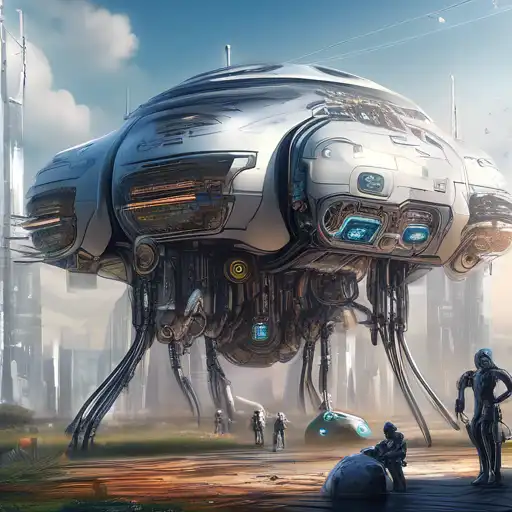Introduction to Artificial Intelligence's Evolution
Artificial Intelligence (AI) has transitioned from a futuristic concept to a cornerstone of modern technology. Today, AI's trajectory is not just about innovation but reshaping how we live, work, and interact. This article delves into the current state of AI, exploring its potential and the challenges it faces.
The Current State of AI
AI today is more accessible and integrated into daily life than ever before. From smart assistants to predictive analytics in healthcare, AI's applications are vast and varied. The technology behind AI, including machine learning and neural networks, has seen significant advancements, enabling more complex and accurate systems.
Future Prospects of AI
The future of AI holds limitless possibilities. Experts predict advancements in autonomous vehicles, AI in creative industries, and even more personalized education systems. However, with these advancements come ethical considerations and the need for robust frameworks to ensure AI benefits humanity as a whole.
Challenges and Ethical Considerations
As AI continues to evolve, so do the challenges it presents. Issues such as data privacy, job displacement, and algorithmic bias are at the forefront of discussions. Addressing these challenges requires a collaborative effort between technologists, policymakers, and the public.
How to Stay Informed and Involved
Staying informed about AI's developments is crucial. Engaging with tech communities, attending conferences, and following reputable sources can help individuals and businesses alike prepare for the future of AI.
Conclusion
The journey of AI is far from over. Its current trajectory promises a future where technology and humanity converge in unprecedented ways. By understanding today's advancements and preparing for tomorrow's challenges, we can all be part of shaping a future where AI enhances every aspect of our lives.
